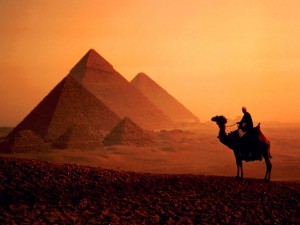 Sunday fire in Europe and the Middle East, due primarily parliamentary or presidential elections. Solution to the crisis in Greece has endless expected though right (New Democracy) won the election, the distance from the radical Left (SYRIZA) is very small percentage, and a coalition government now seems impossible. In France, Hollande won everything. Parliament’s socialist majority. What happened in Egypt?
Sunday fire in Europe and the Middle East, due primarily parliamentary or presidential elections. Solution to the crisis in Greece has endless expected though right (New Democracy) won the election, the distance from the radical Left (SYRIZA) is very small percentage, and a coalition government now seems impossible. In France, Hollande won everything. Parliament’s socialist majority. What happened in Egypt?
As we approach the completion of military transition in Egypt and the election of the new President of the Egyptian military leadership openly facing the country’s main Islamist party which claimed authority over increasing political system. Open conflict between a movement banned a few months ago, the Muslim Brotherhood and military leadership of the country offers clues on how to evolve Egypt after the elections. Muslim Brotherhood won nearly half the seats in parliament in elections that were annulled by the High Constitutional Court. Let us not forget that the removal of the Egyptian monarchy in 1952 by the Free Officers movement led to two waves of the presidential administration under military jurisdiction. Army exercised influence in all these years in a culture dominated secret.
Currently trying a radical turn in the political life of Egypt, due to the fact that the military and its political representatives, considered traditionally as a safeguard against extreme temporarily lost the political battle against fundamentalist and Islamist parties, elections . It is a fact (?) The Egyptian Islamist circles so instead the other, military or former loyal to Mubarak, the vision of what happened twenty years ago in Algeria, seems to become a reality. High Constitutional Court invalidated the results of legislative elections for a flaw in the electoral law, saying parliament dominated by Islamists such as illegal (invalidation of election decision has been taken by the Court in 1987 and 1990 for the same reasons). The result? Military candidate, Ahmed Shafiq remained in the presidential race with the Islamists (an Act of Parliament forbade them to participate in the second round).
Presidential race has divided the country between those who fear the return to power of Mubarak’s cronies and those who are against the entry of religion into politics. An Islamist and a former Egyptian military competed for the presidency in a historic vote for Egypt. Morse Mohamed, an engineer, prominent leader of the Muslim Brotherhood and Ahmed Shafiq, a former aviation pilot and Egyptian cabinet minister under President Hosni Mubarak will be applicants in.
Atmosphere of enthusiasm due to elections is tempered by skeptics. They argue that voting is not what they wanted revolutionaries: the elections held under military rule, much of the regime of former President Hosni Mubarak remained at their station, and the state does not have a constitution or parliament legally constituted.
The winner will lead a country facing deep economic and social problems, including rampant unemployment among young people, a phenomenon endemic to the Middle East, illiteracy, a public sector provides essential services however not overcrowded and public infrastructure is outdated and disorganized .
Results from the first round showed preference order electorate Morse 25.5% (Islamist) and Shafiq (pro-government) by 24.4%. How was 4 million votes for someone who was against the revolution? Very simple: Egyptians are afraid of installing an Islamic theocratic regime. Parliamentary elections were won by local, regional or national leaders, religious or enrolled in various organizations and those that would give the president are actually the result of fighting between the military and the Muslim Brotherhood. Many Egyptians boycotted the election due to dissatisfaction with the two candidates selected for the final competition.
With just 10 days before the presidential elections, the military has given an ultimatum by the Islamist-dominated Parliament urging it to establish the country’s new constitution. The leader of the Supreme Council of the Armed Forces said that if politicians fail to reach a compromise and constitution drafting committee established to not propose a final version of its military leadership will require porpria state constitution or re-constitution will apply in 1971. Now the Constitutional High Court verdict was announced certainly we are going towards keeping the head of Egypt’s Supreme Council of Armed Forces (CSFA), whose former Egyptian president handed over power after the resignation. Court verdict transferred for an indefinite period of military power. Thus the Supreme Council of the Armed Forces took control of the legislative and budgetary affairs in the absence of Parliament, according to his statements by June 17. Statement to the Parliament which defines new rules and rule that the new president will be sworn in before the Supreme Council of the Armed Forces and not Parliament.
Negotiations on drafting a new constitution could not complete because of tensions between Islamists Parliament dominant and minority groups. Islamists are accused of trying to gain control of the newly liberated from dicatatură institutions. These negotiations were extremely important because responsibilities High Constitutional Court has to qualification / disqualification of candidates but may decide to be unconstitutional including elections and can dissolve parliament. This has become a reality. 1/3 of mebrii new Parliament was elected unconstitutional under the Court. In these conditions EXIT whether the new constitution will be drafted under military leadership in these new conditions, will delegate responsibilities to the three branches legislative, executive and judicial. High Constitutional Court has the power to turn everything to what Americans say the diplomatic slang back to square one (return to baseline).
Is it legitimate representative and Egypt parliament Islamist majority? It was the result of a negative vote given by the Egyptians who led an authoritarian powers over 60 years.
The U.S. is concerned about the fate of Egypt. U.S. Defense Secretary Leon Panetta and Chairman of the Supreme Council of Egyptian Armed Forces before June 17 phone conversation about the elections in Egypt. Leon Panetta suggested that the military continue through further democratization of Egypt elections.
Transition in Egypt is difficult in a country ruled for more than sixty years of military regimes. Egyptian army remains certainly central pillar of transition in Egypt. Clarity of the governed Egyptian political will to ensure secure financing of the economy from the International Monetary Fund and major donors. Saudi Arabia has recently started to increase loan amount required and supplemented the Egyptian economy reursele of gas consumption. Egypt needs more than 11 billion dollars to cover the government deficit for the fiscal year commencing on 1 July in Egypt.
Military revolutionary Egypt closed chapter and paved the way for a new democratic order. Muslims brothers have only one alternative, the new elections to fill some of the seats in Parliament and to develop a constructive opposition. After months of unconditional freedom of the Armed Forces Supreme Council reinstated martial law allowing the military to take back the streets before the presidential elections. Egypt has a choice between the two models that have succeeded in Turkey: the moderate Islamist now (with friction between military and civilian) and the army was secular role. Egypt one of the oldest civilizations in the world walked in my opinion to model a model that suits both secular Turks neighbors in the Middle East and western offices that provide stability in an environment of uncertain evolution of the East dominated Iran’s military growth . Egypt closely follow the path of Ataturk’s Turkey with ups and downs in democracy with power struggles between the military and politicians, who can finally restore power once an ancient nation that wants / is desired equilibrium punch the Middle East.


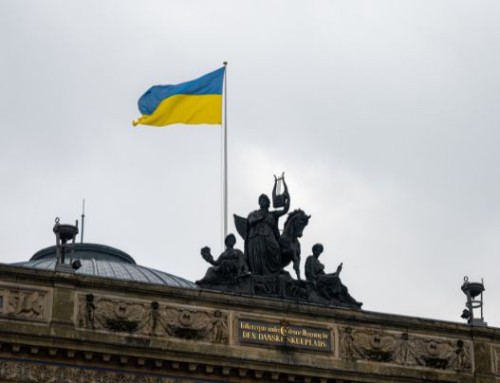
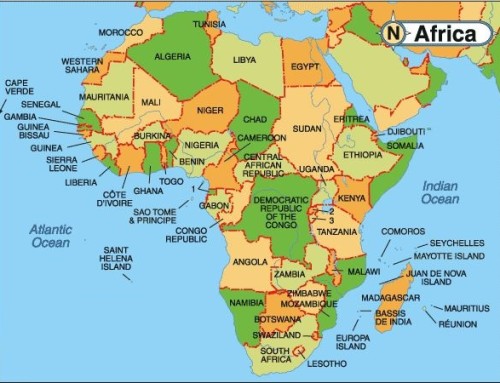
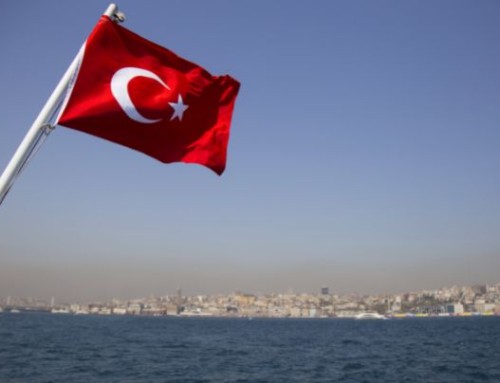
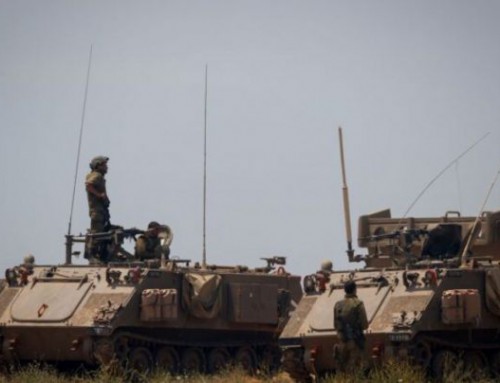
Leave A Comment